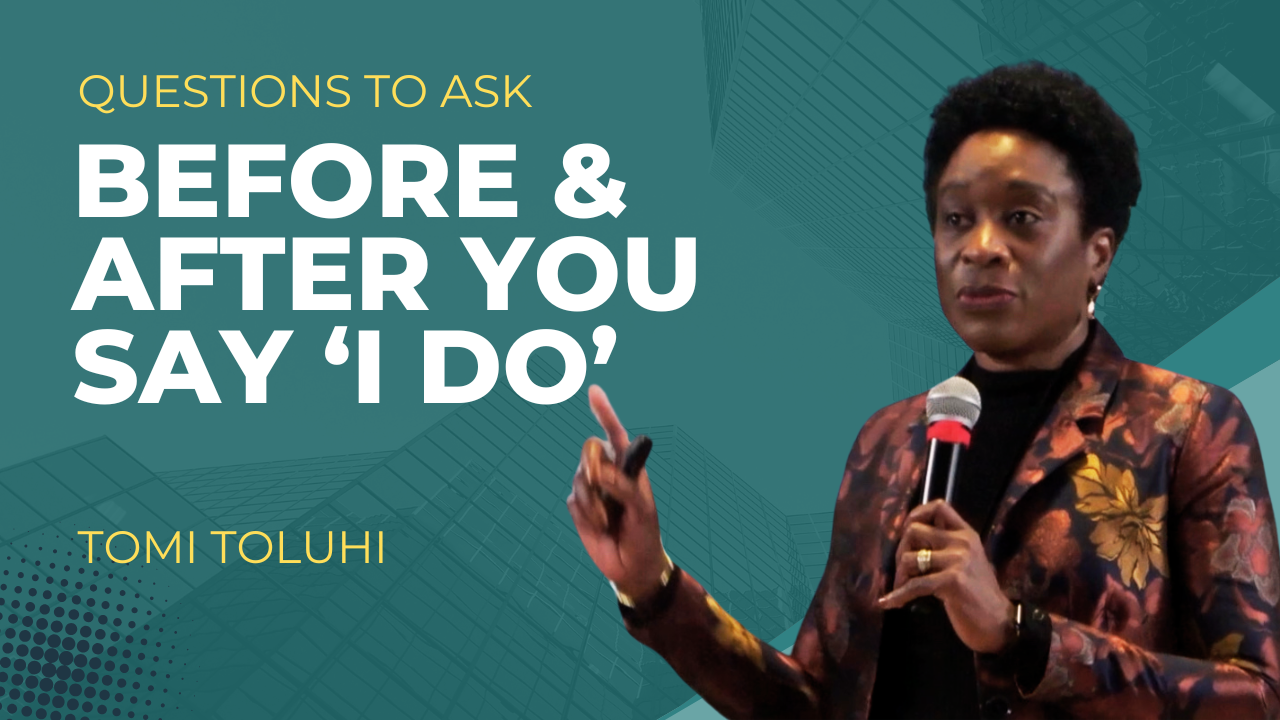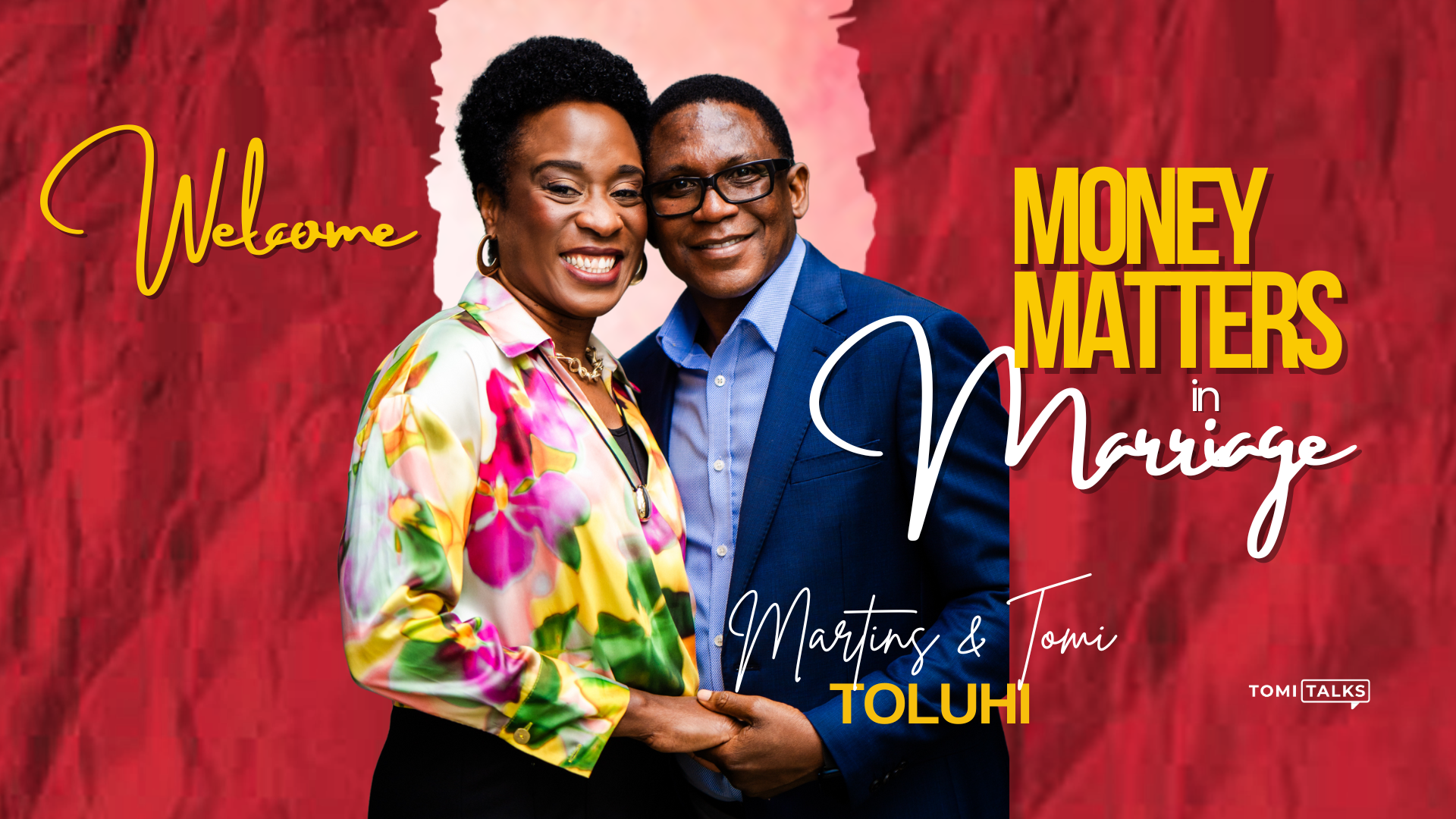How to recover from the trauma of infidelity
Infidelity can present itself in many forms – pornography, online flirting, emotional intimacy with a colleague at work, opportunistic sexual encounters and full blown secondary intimate relationships with someone outside the marriage. When a person gives to someone else what rightfully belongs to their spouse – a look of desire, their emotions, their body or their heart – it violates the covenant of faithfulness which they made with their spouse. My recent blog post, ‘Adultery: A fool’s game’ looks at the anatomy of an affair and why it is a lose-lose situation.
Discovering that one’s spouse has been having an affair can be emotionally devastating because it strikes at the very core of a person’s identity and self esteem, making them question their own attractiveness, self-worth and judgement of others. It shatters trust and raises questions about the veracity of all the interactions a person has had with their spouse since the affair began. Everything a person believes to be true about their spouse, their relationship and their life in general is suddenly called into question. Men, in particular, find it difficult to deal with the thought of their wife having a sexual affair. Conversely, women struggle most with the idea of their husband being emotionally intimate with another woman and are more inclined to forgive their husband falling into sexual sin in a moment of temptation than a long standing relationship with another woman.
Whether or not adultery ends a marriage relationship is a decision for the betrayed partner to make. I know of many stories of grace and forgiveness where couples have survived infidelity and their relationship ended up stronger, better and more fulfilled than ever before. For others, they find the scale of the betrayal too difficult to surmount and choose to end the relationship. Stay or leave? That is a complex decision which depends on many factors and should not be made without the advice of an experienced, Christian marriage counsellor who can help bring God’s perspective into the situation. I will not even attempt to delve into that in this post as each situation is unique. My focus is on the journey to emotional recovery for anyone who finds themselves at the receiving end of betrayal. Whether you choose to stay or leave, finding healing is a journey which needs to include the following steps.
Refuse self blame
There is a tendency for people to assume that a spouse has an affair because they have not been treated well by their own spouse. People may insinuate that a husband is driven to adultery because his wife is not meeting his sexual needs. Or that a wife was driven to emotional indiscretion with her colleague at work because her husband doesn’t listen to her and meet her emotional needs. While it is true that ignoring your spouse’s needs makes them vulnerable to temptation, ultimately every human being is accountable to God for their own actions and should not seek to justify themselves by laying the blame at someone else’s door. On one hand, the Bible counsels marriage partners to meet the needs of their spouse so that they are not exposed to the temptation but the same Bible makes it clear that no temptation we face is beyond our ability to bear. James 1:14 in the Message translation puts it rather bluntly. ‘The temptation to give in to evil comes from us and only us. We have no one to blame but the leering, seducing flare-up of our own lust.’
Ouch! In other words, adultery is a personal choice to sin against God, oneself and one’s spouse and the circumstances of the relationship do not justify it before God. If there are lessons to be learnt from your spouse’s infidelity, be humble enough to learn the lessons but don’t internalise the blame. When a person sins, before God they cannot share that responsibility with someone else; the offending spouse must take ownership and responsibility for what they have done.
Choose forgiveness
Forgiveness is the first concrete step towards healing. Forgiveness means you give up the right to seek compensation from someone for the hurt they have caused you. When God forgave us our sin, He wiped the slate clean and wrote off the debt that we owed Him. If you insist that your spouse pays for what they have done, it negates the very principle of forgiveness. Nothing your spouse can ever do will adequately compensate for the loss you have experienced so the only course of action that will restore your peace is to give up the right to seek recompense and release the debt from your heart. Forgiving an unrepentant offender presents the most difficult challenge of all and it is at moments like this that we need to lean on God’s ability to help us forgive the seemingly unforgivable. It is worth noting that forgiveness does not equate to forgetfulness. While God is capable of erasing the memory of our offenses which He has forgiven, as human beings we continually have to deal with recurring thoughts of the pain we have experienced. Dealing with the moments when the emotional pain resurfaces requires making a daily choice to put aside those memories and consciously operate from a standpoint of forgiveness.
Surround yourself with the right people
It matters who you surround yourself with in moments of pain, especially if you have decided to seek restoration for your marriage. Don’t talk to people who simply want to rehearse your pain, heap blame on you for your failings or deepen your anger towards your spouse. You need a strong, supportive community who can pray over you and encourage you when you are hurting. Galatians 6:2 encourages, ‘Carry each other’s burdens, and in this way you will fulfil the law of Christ’. When you are vulnerable it matters who you are listening to, who you open up to and whose counsel you take. Hopefully, you already have a community of believers who can support you in your journey towards healing. It is imperative that you involve an experienced, empathetic Christian counsellor who can walk you through this season with counsel from God’s word.
Find your healing in God
Only God has the capacity to heal a wounded heart and make you whole again. Turn to God and hand your pain to Him. You may not know what to pray but just pour your heart out to Him like David did. Psalm 147:3 testifies, ‘He is the healer of the broken-hearted. He is the one who bandages their wounds’. Listen to worship music, listen to your audio Bible and let God’s word wash over your soul. God made your heart and He has the awesome capacity to heal it. He understands what you are going through and He will give you peace instead of turmoil and joy instead of depression. He will speak to your heart tenderly in the night seasons when you like awake and your world seems to be swirling around you. He is the one constant in the midst of turbulence so use this opportunity to draw closer to Him rather than pulling away from Him. The enemy of your soul will do everything he can to drive a wedge between you and God during your seasons of pain. Resist the temptation to blame God and rest in the knowledge that when you lean on Him, He will lift you up and you will come out of this stronger, wiser and better than you ever were.
Learn to trust again
Rebuilding trust in a person who has betrayed you is a gradual process that requires the offender to be committed to scrupulous honesty and accountability moving forwards. Transparency builds trust and a partner who has cheated should not expect to be automatically restored to a place of unquestioning trust. They must prove themselves worthy of that trust by severing all ties to the affair, giving up secrecy and eradicating risk factors like pornography. It is quite common for a person who has been betrayed but chooses to stay in the relationship to adopt hyper-vigilant behaviour like going through their spouse’s phone or browsing history, checking pockets, wallets and bags for evidence of cheating and connecting a series of unconnected events to support suspicions of repeat betrayal. At some point you will need to come to terms with the fact that you can never adequately protect yourself from betrayal, no matter how much detective work you do. Trusting your future and wellbeing into God’s hands will enable you to gradually let down your guard and give yourself permission to trust again. Remember that it is impossible to build an intimate relationship in the absence of trust so the walls that surround your heart to keep hurt out will also keep love out. Lower the walls and give yourself a chance to love again.










